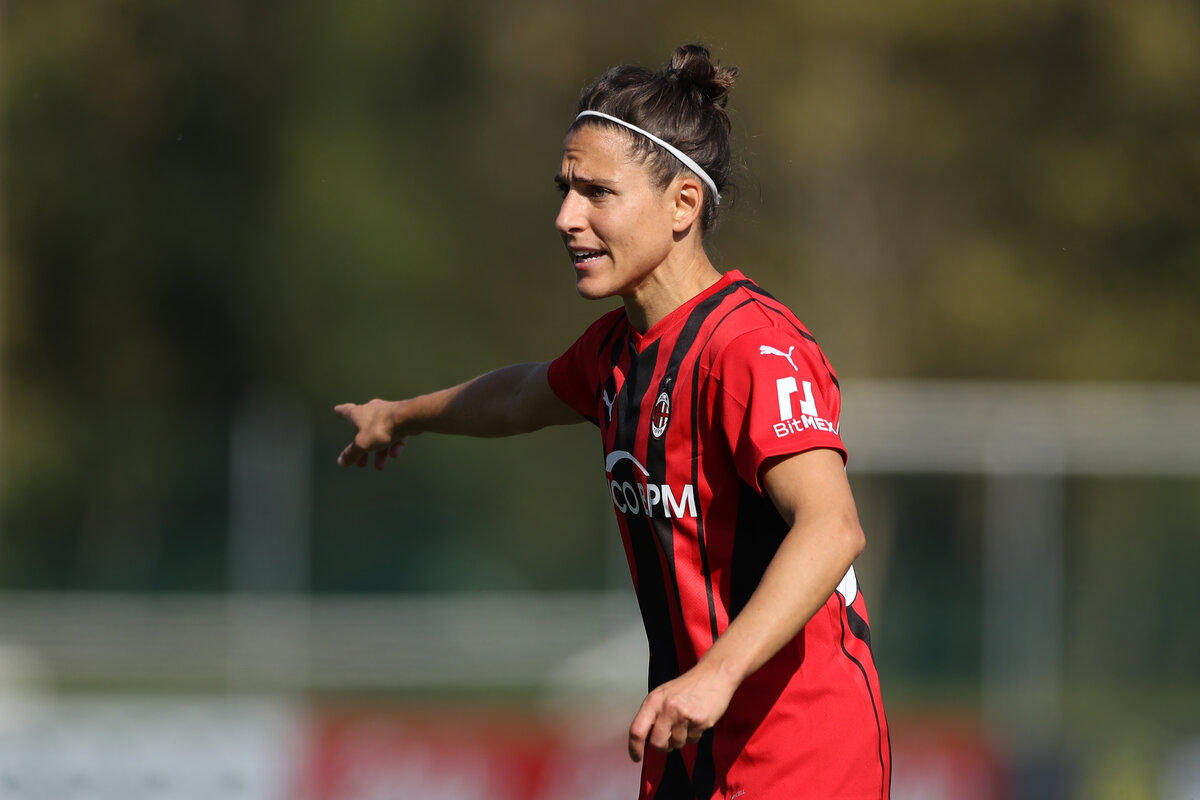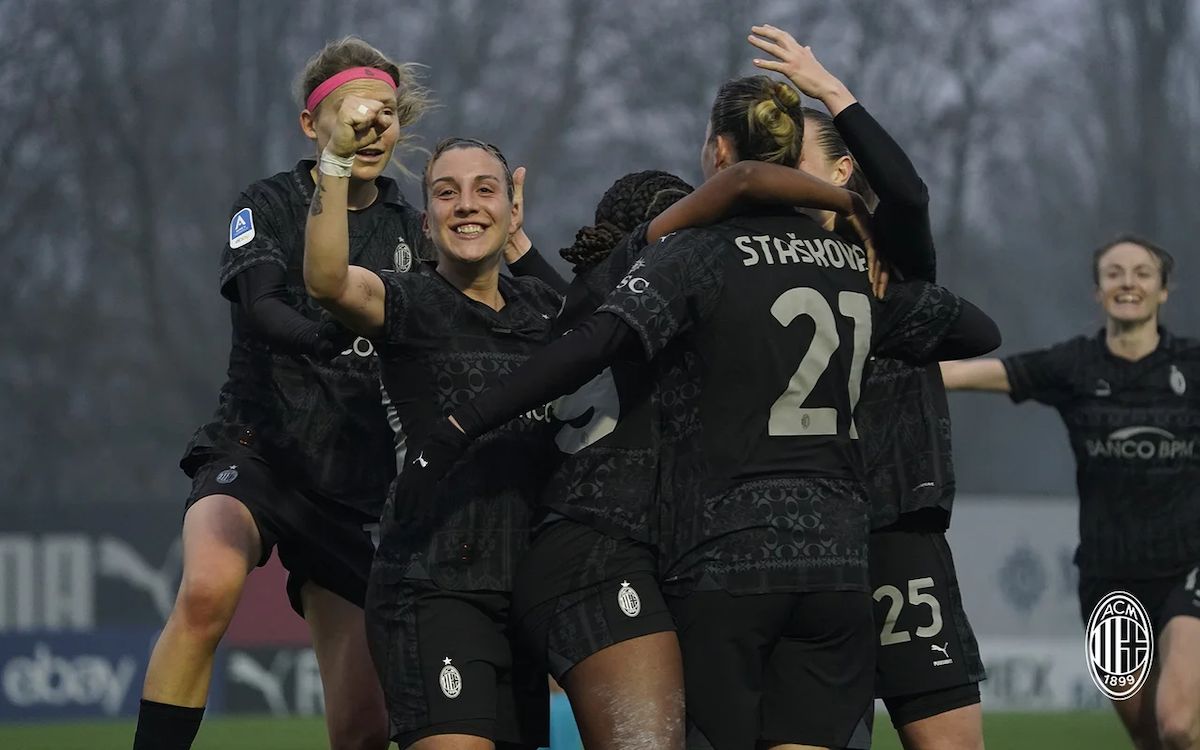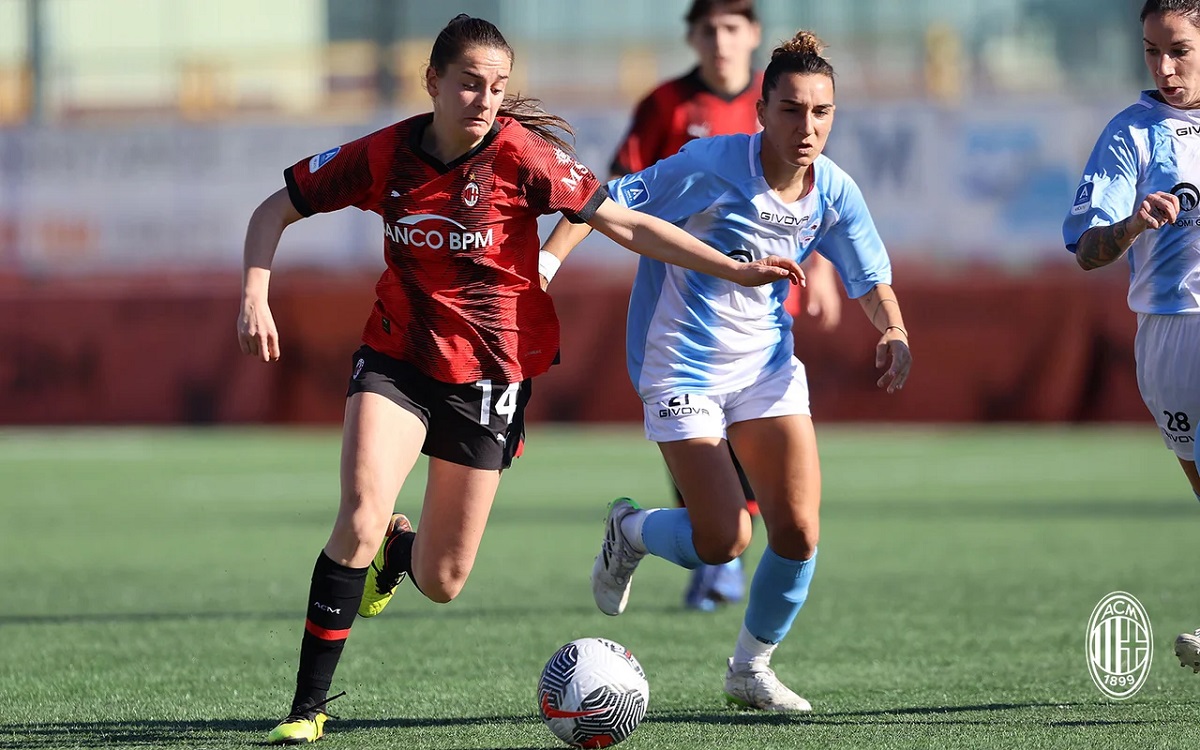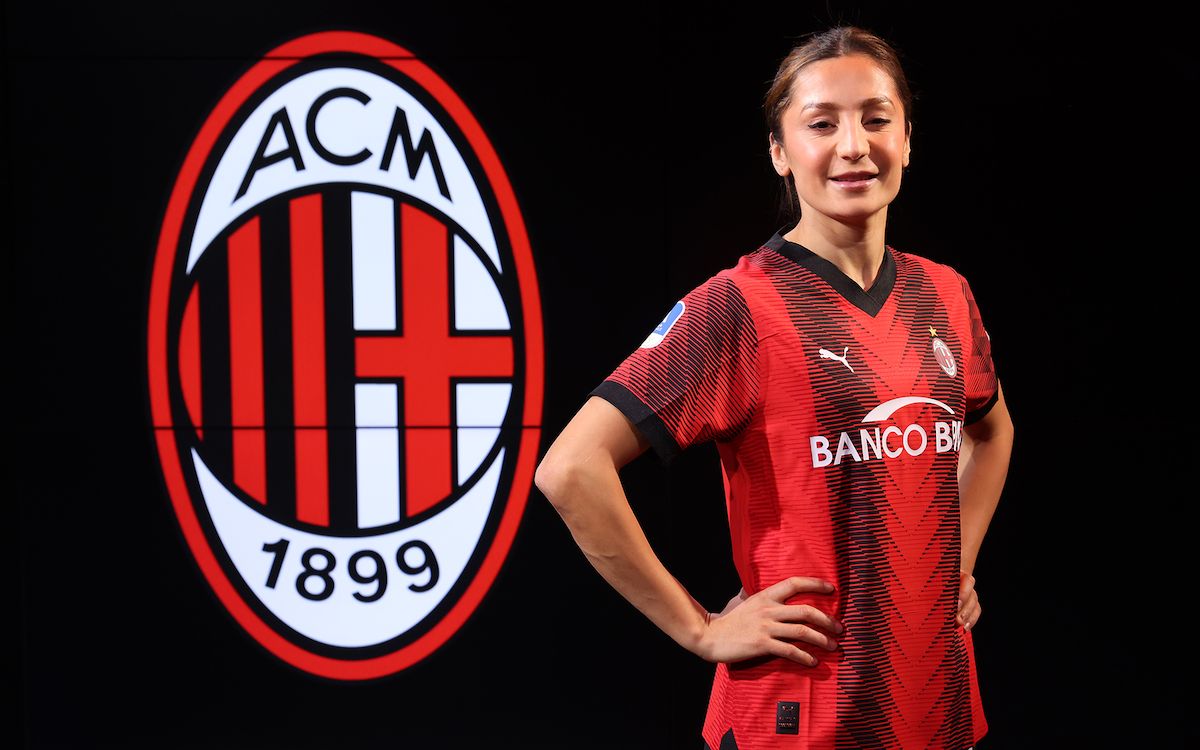AC Milan midfielder, Verónica Boquete, recently detailed the abuse that she and other Spanish footballers endured under Spain’s former coach, Ignacio Quereda.
Verónica was a part of a documentary entitled Romper el silencio: La lucha de las futbolistas de la selección, where she described what went wrong for Spain during their 2015 World Cup campaign.
As was noted in the interview Sempre Milan did with Vero, she has never been afraid to stand up for her views and to do the right thing, no matter what. And she paid a dear price for her actions, as she was never called up to play for the Spanish national team again. Among the most salient points from the documentary…
Quereda created a culture of fear…
Ignacio Quereda created a culture of fear where he publicly humiliated and verbally abused the players under his charge.
The former coach humiliated the players as a way of punishing them for making simple mistakes, and to keep them in line. And one of the ways he did so, was by attacking them for their sexual orientations.
This included calling his players ‘fat’ and telling the women that they need ‘a man in their lives’. The majority of the Spanish players are LGBTQ, and the phrase was said to disparage the players who were in relationships with other women (La Razon).
In Boquete’s words, “Quereda saw homosexuality as a sickness and he was vocal about his views.”
Former teammate, Vicky Losada, even went as far as to say that, “[…] homosexuality was something he wanted to eradicate.”
‘It felt like a concentration camp’
During a press conference before one of the World Cup matches, Verónica Boquete said that the team trained in a ‘concentration camp’. While it might have been a Freudian slip, there might have been some truth to the statement, given the abuse and discrimination that Quereda frequently subjected them to.
The players received little preparation before the matches…
The players also spoke of a lack of training before the tournament. The players had to meet before their games and establish their own systems and tactics, as Quereda did not train them properly.
As Vero Boquete noted, “There was basically no video analysis. We had very little information about South Korea [their opponent for that match].”
Spain would eventually lose to South Korea by a score of 2-1. Quereda, in particular, blamed Losada for the loss and, after substituting her out, he also verbally accosted her on the bench and said that she would always ‘be a mediocre player’.
The ethnic slurs…
Among the many insults, Quereda used to degrade the players included calling them ‘chavalitas’ (‘little girls’, which is a paternalistic term). He also called the Catalan players ‘polaca’ (‘Polish’), which is a pejorative term used against Catalans with ethnic connotations that’s also considered a slur.
The players tried to cope…
“It was hard to deal with, and we tried to alleviate the tension by joking amongst ourselves with jokes because doing something [about the situation] was difficult,” explains Vero Boquete. “When you have a birthday when you have other life experiences, after you’ve lived in other countries, and you see other cultures … returning to Spain and having to endure this treatment was difficult. Quereda was a very cold person, and very surly.”
The players’ revolt…
After their disheartening World Cup exit, and after the abuse they endured, the players had had enough. The players revolted against Quereda and pressured the Spanish federation to remove him as coach of the national team. The revolt was also led by none other than Verónica Boquete.
And eventually, after caving to media pressure, the coach was dismissed by the federation at the end of June 2015.
The price to pay…
Unfortunately, when you oppose powerful people, those powerful people will make you pay dearly for your actions.
And Vero Boquete paid a heavy price indeed. After she led the revolt to get Quereda removed from his coaching job, she was never called up to the Spanish national team again. Though the next coach, Jorge Vilda, claimed it was because of Vero’s injuries, there’s a belief that she was ostracized for speaking out against the federation.
In Vero’s own words, “In my case, I saw it coming. I know that I am an awkward person because I always want 100%. I would have liked for things to be discussed and for things to have ended differently but I fully accept what happened.”
Former Barcelona captain, Vicky Losada, also had similar sentiments. “Vero, Ruth [García], Soni [Bermúdez Tribano] … they didn’t have a farewell like the one I had at Barça. They are people who have been in the national team for ten years and they deserved a better ending”, she lamented.
More will be written about this story and Verónica Boquete’s involvement in it within the upcoming days.
Credits for some of the translations go to OmVAsports.
READ MORE: Serie A preview: Roma vs. AC Milan – Team news, opposition insight, stats and more





You’re a warrior Vero 💪🏻